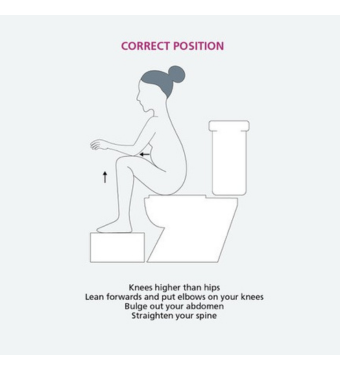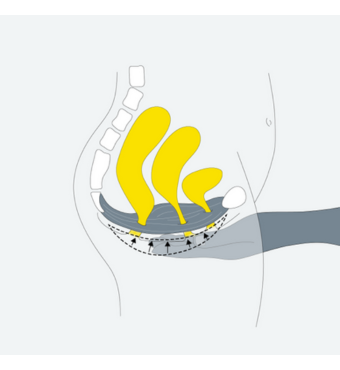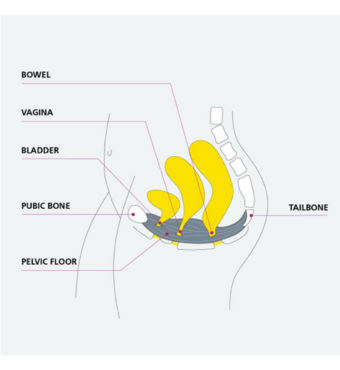Deep brain stimulation activation visit
You will receive a letter with the details of your appointment for activation (switching on) and initial programming of your stimulator.
We recommend that you arrange for a friend, carer, or relative to come with you while you are in an “off” state to your appointment. If you are travelling to Bristol the night before, please make sure you have booked accommodation and transport to the Bristol Brain Centre in advance.
Before booking transport home, please check with your Movement Disorder Nurse Specialist what time you are likely to be able to leave hospital.
Please stop taking your Parkinson’s medication from midnight the day before your appointment so we can assess your responses accurately in an “off” state.
What to expect at your activation visit
The initial activation and programming visit may take several hours, sometimes the whole day. This can be tiring and we look to schedule a break.
During the visit we will check how well the stimulation is working to control your symptoms and if you have any side effects. We will ask you to do some tasks (like the ones in your pre-operative assessment) and regularly ask you how you feel.
We will set the stimulator to give you the best control of your symptoms before you go home. After this you can take your Parkinson’s medications to see how they work together. This will help us adjust your medications while you have the stimulation on.
During your visit, we will show you how to use the patient programmer to adjust settings safely. You will learn how to check the battery and, if it is rechargeable, how to charge it. We will also give you printed instructions for reference.
After your first visit you may need to return to hospital at least once more so we can adjust the stimulator and review your medication. This is so we can achieve the best possible results from stimulation.
Checklist of things to bring to your appointment:
- Your medication in original packaging, and a medication list/prescription. If you take apomorphine, bring enough needles and administration lines for your whole stay.
- Patient programmer and stimulator charging equipment. Charge fully any equipment before coming in.
- Lunch and/or snacks. There are cafés on site, but you may wish to bring your own food.
- Your completed wound audit questionnaire.
How to contact us:
Advanced Treatment Service (Deep Brain Stimulation and Duodopa Therapy)
Bristol Brain Centre
Elgar House,
Southmead Hospital
BS10 5NB
Daily Nurse Clinic Line (Mondays to Fridays): 0117 414 8269
© North Bristol NHS Trust. This edition published October 2025. Review due October 2028. NBT003181.
Support your local hospital charity

See the impact we make across our hospitals and how you can be a part of it.






